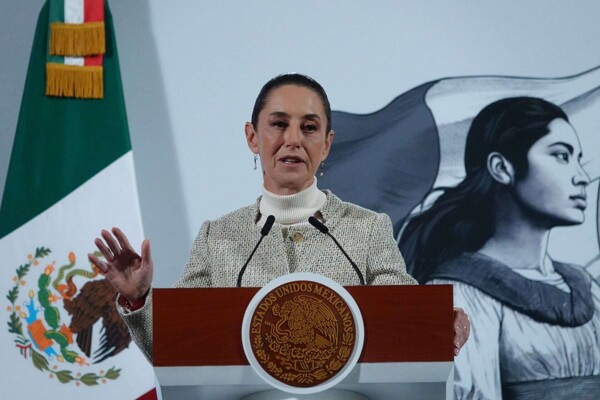
Communities often live under the shadow of the loyalty and faith test imposed by a god, knowing that their time will come sooner or later. Some of these communities are lucky to have a benevolent boss who looks after their well-being, maintaining control over priests, police, mayors, and being supported by the entire population. However, this security is fragile and can vanish with the arrival of gossip, betrayals, or conflicts.
In these areas, politics, public institutions, and criminal organizations often work in coordination. Organized crime leaders are known to be lifelong neighbors or have taken over the neighborhood, requiring their approval for any important event to take place. In this context, external support is essential.
Corruption, the lack of an impartial judicial system, and a weakened rule of law create an environment where migration becomes the only escape for many families. Corrupt governments in the countries of origin, with ties to criminal organizations, perpetuate the situation. Meanwhile, recipient countries benefit from this situation by maintaining favorable conditions to sustain this migratory flow.
Few people are willing to advocate for significant changes in public and social policies that could improve conditions in marginalized communities. Migration thus becomes a form of modern slavery justified by international law, where those seeking a decent life see migration as the only opportunity to achieve it.
Along the migratory journey, individuals face challenges and dangers, whether they choose to undertake it alone or become involved with coyotes and organized crime networks. Despite the adversities, the economic remittances sent by migrants become a pillar for many families and for the national economy in the countries of origin.
Amidst all this, migrants live in constant risk of being exploited, extorted, or manipulated, facing situations of violence and danger in their search for a better life. Meanwhile, the issue of mass migration becomes a thorny topic for recipient countries, which continue to benefit from this cheap labor without fully addressing the root causes of the problem.














